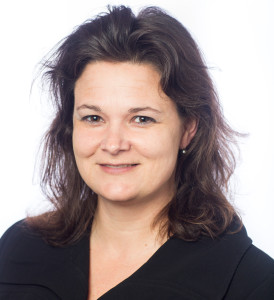 Rural students face a host of unique challenges compared to their suburban and urban peers. They, for example, are less likely to attend private, selective, or four-year colleges, are more likely to rely on government food assistance, and are more likely to deal with health issues like obesity. Rural schools across the country are constantly dealing with shrinking enrollments and budgets and chronic teacher shortages, which often force schools to share teachers, offer online courses rather than in-person sessions, and cut elective courses and extra staff members.
Rural students face a host of unique challenges compared to their suburban and urban peers. They, for example, are less likely to attend private, selective, or four-year colleges, are more likely to rely on government food assistance, and are more likely to deal with health issues like obesity. Rural schools across the country are constantly dealing with shrinking enrollments and budgets and chronic teacher shortages, which often force schools to share teachers, offer online courses rather than in-person sessions, and cut elective courses and extra staff members.
Despite these many challenges, rural schools and students often fail to receive the assistance and respect they deserve, according to Laurie Baker, the senior director of the Rural Innovative Schools initiative under the nonprofit North Carolina New Schools/Breakthrough Learning. Baker grew up in rural Virginia and has worked as a teacher and principal in rural southern school districts. She now works to expand access to early-college opportunities in rural South Carolina, Indiana, Illinois, Mississippi, and North Carolina by helping states plan or scale up efforts that will allow students can earn college credit while still in high school. (Some states, like North Carolina, have found that graduation rates and associate’s degree attainment rates have increased in rural areas where students have access to early college high schools.)
Baker says that the rural student population is a special population that has been ignored, and in many cases, stereotyped in harmful ways, for too long. I spoke to Baker to learn more about her work and her theory on how stereotypes hurt rural schools.
You grew up in rural Virginia. What messages did you hear as a rural student?

I think that while I was immersed in that culture, it was all that I knew. [There’s] this conflict between feeling hometown proud and having such pride in your small rural community but at the same time having this sense of needing to encourage students who are the best and the brightest to leave. You look around and see there are limited resources,
In my work now, and also as a parent, I’ve become much more reflective about the hypocrisy of that. On one hand we believe so strongly and we’re so proud of the unique that’s inherent in rural communities. At the same time as a parent, what jobs will my daughter be able to access in this rural community? Do I also need to encourage her to leave? That conflict is very real for many people who live and work and care so deeply for the community.
























